Cost of owning an EV car in Thailand
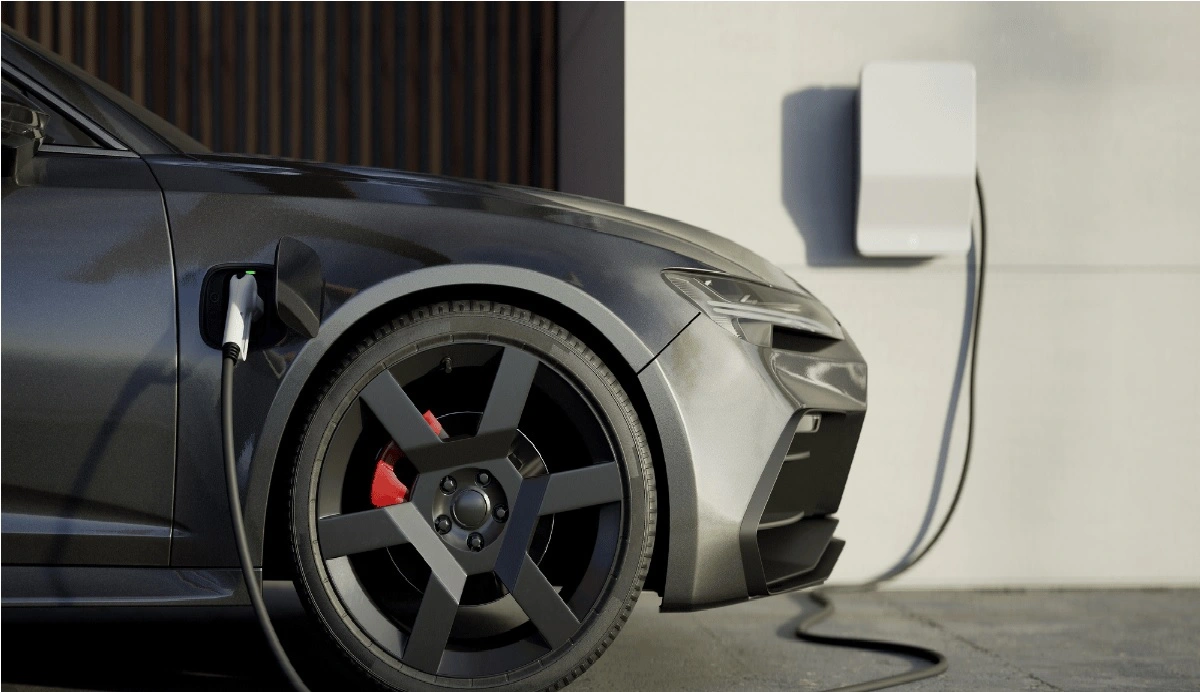
Are you thinking about making the switch to an electric vehicle (EV) in Thailand? You’re not alone. With rising fuel prices and increasing environmental concerns, many are considering EVs as a smart and sustainable choice. But what does it really cost to own one?
Owning an EV in Thailand involves more than just the initial purchase price. You’ll need to consider various factors like charging infrastructure, maintenance costs, and potential government incentives. While EVs can offer long-term savings, the upfront costs and availability of charging stations can be a concern for many.
By understanding the full scope of costs associated with owning an EV in Thailand, you can make an informed decision that suits your lifestyle and budget. Dive into the details to see if an electric vehicle is the right choice for you.
Initial costs of purchasing an EV
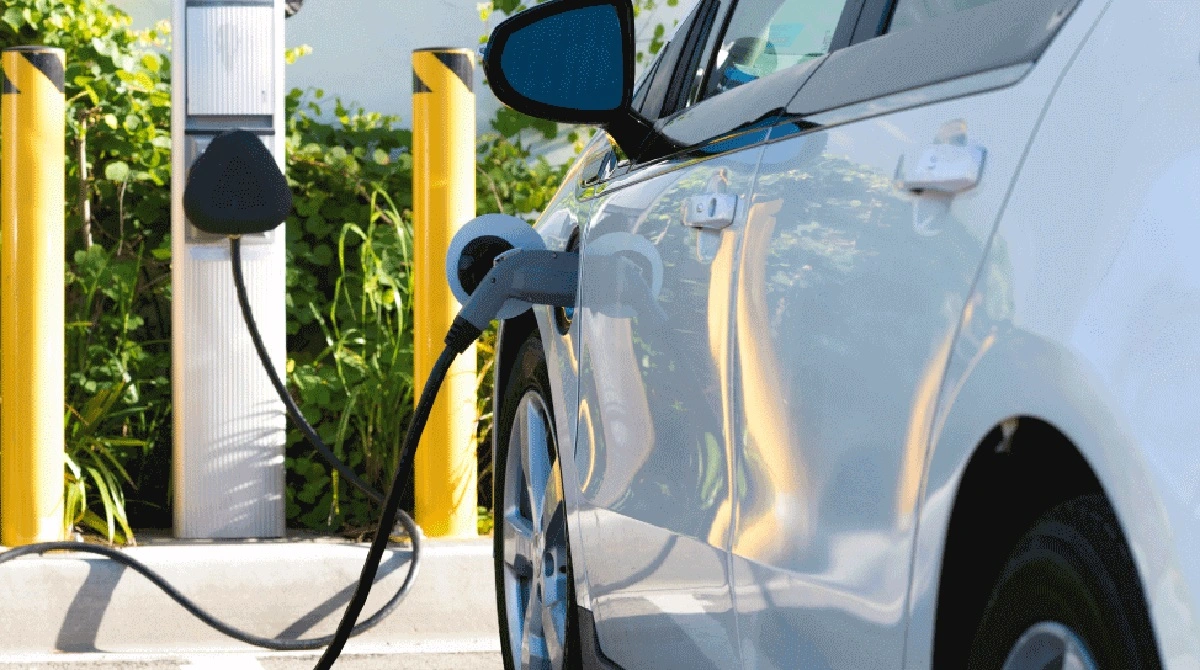
When considering the purchase of any transportation in Thailand in 2024, you must evaluate initial costs carefully. These expenses encompass the vehicle price and any government incentives and tax benefits.
The initial costs of purchasing an electric vehicle (EV) can vary significantly based on several factors, including the price of the vehicle itself, available subsidies, financing options, and additional expenses related to ownership. Below is a detailed overview of these costs, presented in paragraphs, bullet points, and tables, with price ranges specified in Thai baht.
Vehicle price
The initial price of an EV varies by model and manufacturer. You could pay between 800,000 and 2,500,000 THB. Popular models like the Nissan Leaf and Hyundai Kona Electric fall within this range. Luxury options in cars like the Tesla Model 3 cost notably more, often exceeding 3,000,000 THB. It’s essential to consider the benefits, such as lower operating costs, when evaluating the upfront expense.
Government incentives and tax benefits
Thailand offers several incentives to make EVs more affordable. You benefit from reduced import duties, which lower the overall cost. In 2024, you can expect excise tax rates on EVs to be as low as 2%, a significant decrease from the standard rates for internal combustion vehicles. Additionally, there are promotional campaigns linked to vehicle registration and annual taxes that you might find appealing. Some local governments also provide grants or rebates, further reducing your initial expenditure. Always check the latest government announcements to ensure you take full advantage of current offers.
Financing options
- Bank Loans: Many banks in Thailand offer auto loans specifically for EV purchases. These loans typically have competitive interest rates, which can vary based on the buyer’s credit score and the loan term. Buyers should compare rates from different financial institutions to find the best deal.
- Leasing: Leasing is another option for financing an EV. This allows buyers to pay for the use of the vehicle without committing to full ownership. Lease agreements often come with lower monthly payments compared to traditional financing, making it an attractive option for many consumers.
- Manufacturer Financing: Some EV manufacturers provide their own financing options, which may include promotional rates or incentives for buyers. It’s advisable to check with the dealership about any available financing plans.
Table of initial costs
| Cost Component | Estimated Cost Range |
|---|---|
| New EV Purchase Price | 1,200,000 – 3,000,000 baht |
| Used EV Purchase Price | 900,000 – 1,200,000 baht |
| Home Charging Installation | 30,000 – 135,000 baht |
| Government Subsidy | 50,000 – 100,000 baht |
| Insurance Costs | Higher than traditional vehicles |
| Charging Costs | 0.72 – 0.95 baht/km |
Cost of charging
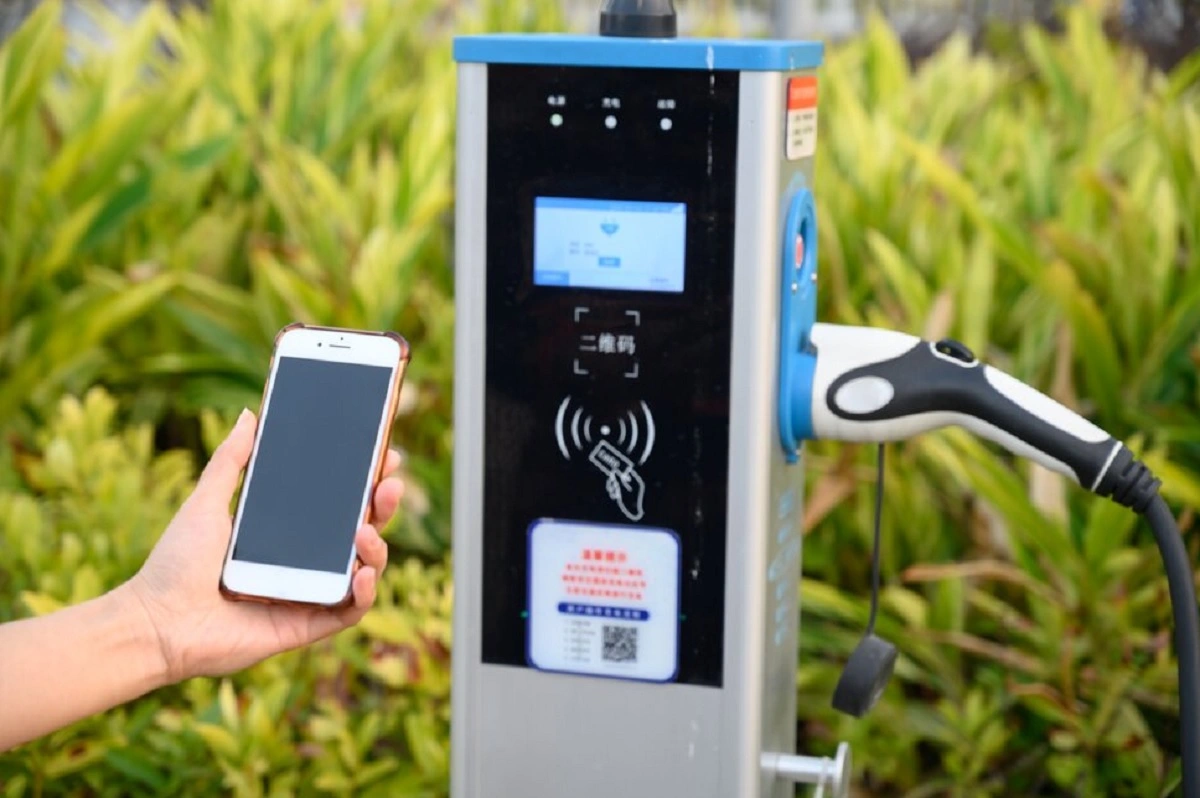
The cost of charging an electric vehicle (EV) in Thailand is a crucial factor for potential buyers, as it directly impacts the overall cost of ownership. Below is a detailed overview of charging costs, including price ranges in Thai baht.
Charging an EV is generally more economical than fueling a traditional internal combustion engine (ICE) vehicle. The cost of electricity for charging EVs is significantly lower, making them an attractive option for consumers looking to save on fuel expenses. This can be done in two possible ways.
Home charging
Charging your EV at home is often the most cost-effective option. Residential electricity rates in Thailand average around 4 – 5 THB per kWh. If your EV has a battery capacity of, for example, 60 kWh (like the Nissan Leaf), a full charge would cost approximately 240 – 300 THB. Depending on your daily usage and home setup, overnight charging can take 6 – 8 hours with a standard Level 2 charger. However, installing a home charger involves an initial cost of around 20,000 – 50,000 THB.
Public charging stations
Public charging stations in Thailand provide an alternative for those unable to charge at home. Prices vary according to the provider and charging speed. For instance, fast chargers (Level 3) can cost between 7 – 12 THB per kWh. Using the same example of a Nissan Leaf, a full charge at these rates could range from 420 – 720 THB, significantly higher than home charging. Some stations charge by the minute, with rates of 1 – 2 THB per minute for a 50 kW charger, translating to additional costs based on charging duration.
Where can we find Public charging stations for electric vehicles in Thailand?
EA Anywhere
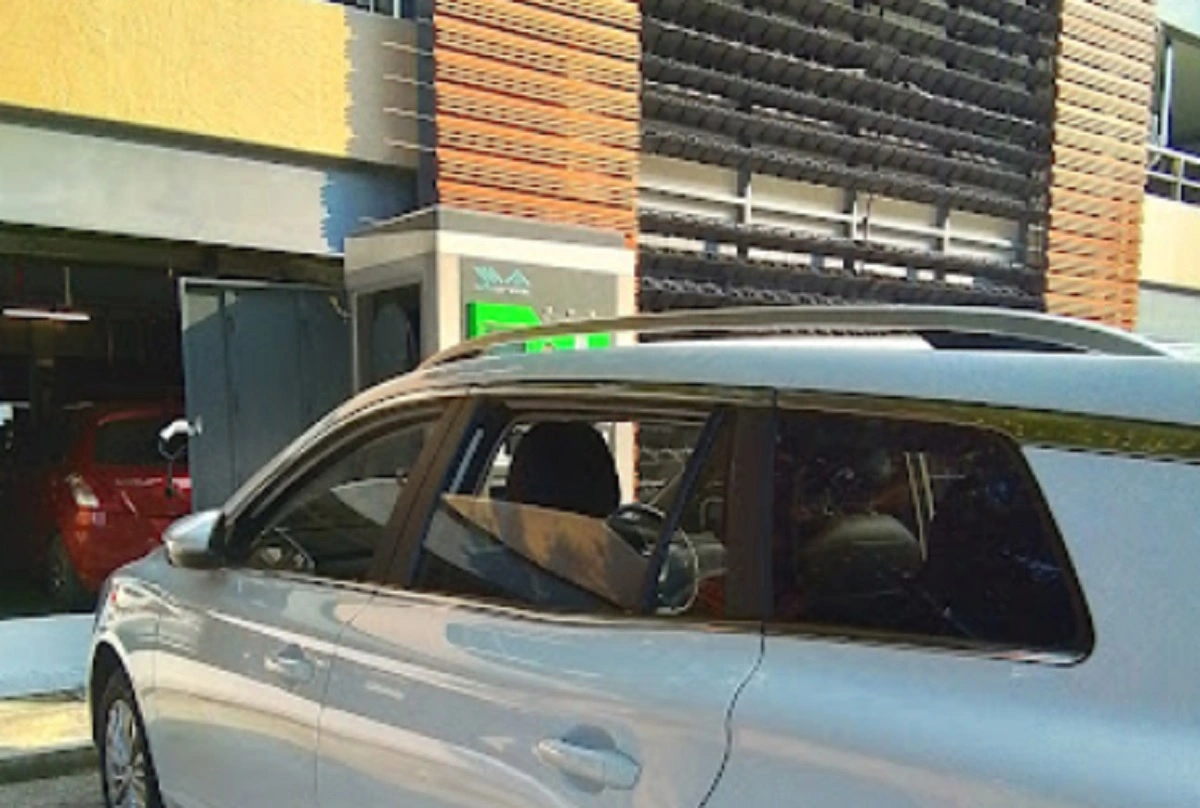
Opening hours: Open 24 hours
EA Anywhere is a leading EV charging station provider in Thailand, operated by Energy Absolute. They offer a growing network of over 100 standard and fast-charging stations across the country, making it easy for EV users to charge their vehicles.EA Anywhere is compatible with all vehicle brands and offers both AC and DC fast charging options.
MEA EV
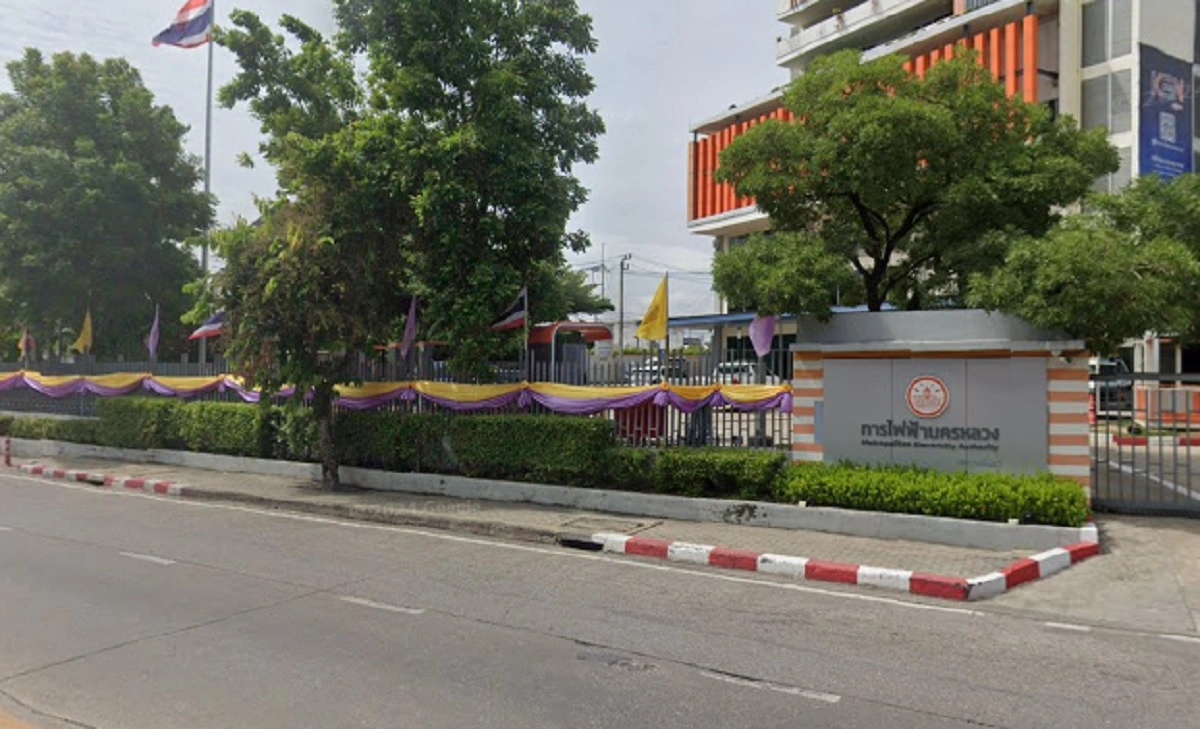
Opening hours: Open 24 hours
MEA EV, operated by the Metropolitan Electricity Authority, focuses on providing charging services in Bangkok and surrounding provinces. There are 11 MEA EV charging stations within the Metropolitan Electricity Authority office and an additional 2 stations located outside the office.
EGAT EV
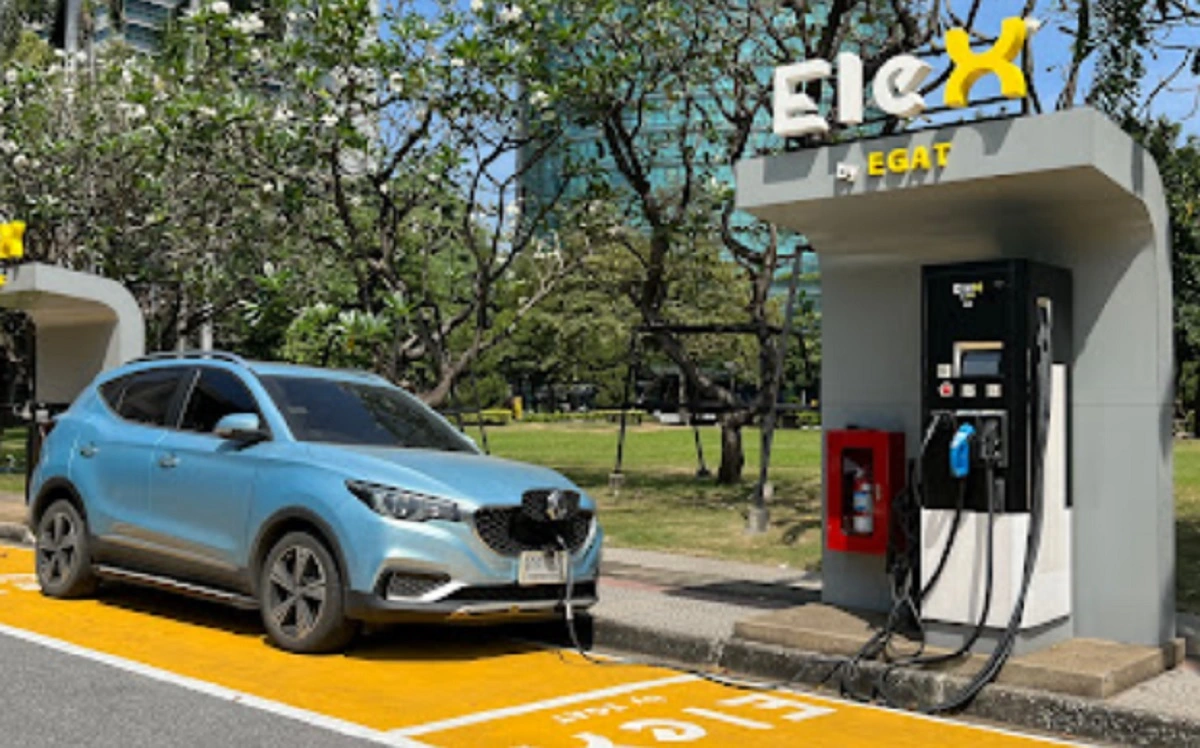
Opening hours: Open 24 hours
EGAT EV, operated by the Electricity Generating Authority of Thailand (EGAT), has 42 electric vehicle charging stations across the country. These stations are located both inside EGAT offices and at various PTT gas stations under the “EleX by EGAT” brand
EGAT EV charging stations can be found at the following locations:
- Inside EGAT offices: Nonthaburi, EGAT Learning Center, Wang Noi Power Plant, Mae Moh Power Plant, Nam Phong Power Plant, Bang Pakong Power Plant, Chana Power Plant, Lam Ta Khong Power Plant, Sirindhorn Dam Power Plant
- Outside EGAT offices: Future Park Rangsit (Bangkok), PTT gas stations in various provinces
You may need to create an account with EGAT or obtain a specific access card to use their charging services.
| Cost Component | Estimated Cost Range |
|---|---|
| Cost per Kilometer | 0.72 – 0.95 baht/km |
| Monthly Charging (1,000 km) | 720 – 950 baht |
Factors influencing charging costs
- Electricity Tariffs: The cost of charging can vary based on electricity tariffs, which may change due to adjustments in fuel tariffs (FT). Future increases in electricity costs could affect the overall expense of charging EVs.
- Charging Infrastructure: The availability and type of charging stations (Level 1, Level 2, or fast chargers) can influence charging costs. Public charging stations may have different pricing structures compared to home charging setups.
- Battery Size and Efficiency: The efficiency of the EV and the size of its battery will also impact the total charging costs. Larger batteries may require more electricity to charge fully, while more efficient vehicles can travel further on a single charge.
Maintenance costs
Maintenance costs for EVs in Thailand in 2024 are significantly lower than for traditional vehicles. EVs have fewer moving parts and don’t require oil changes, leading to savings on routine maintenance.
Routine maintenance
You’ll need to handle fewer routine maintenance tasks when owning an EV. Components like spark plugs, fuel filters, and exhaust systems are absent in EVs. This translates to less frequent visits to the service centre and lower overall costs.
- Tyre Rotation: Ensure tyres rotate every 10,000 km to promote uniform wear.
- Brake Fluid: Replace brake fluid every 40,000 km to maintain braking efficiency.
- Coolant: Coolant for the battery and electronics should be checked regularly, typically every 50,000 km.
Minimal maintenance needs reduce the cost of keeping your EV in optimal condition.
Battery replacement
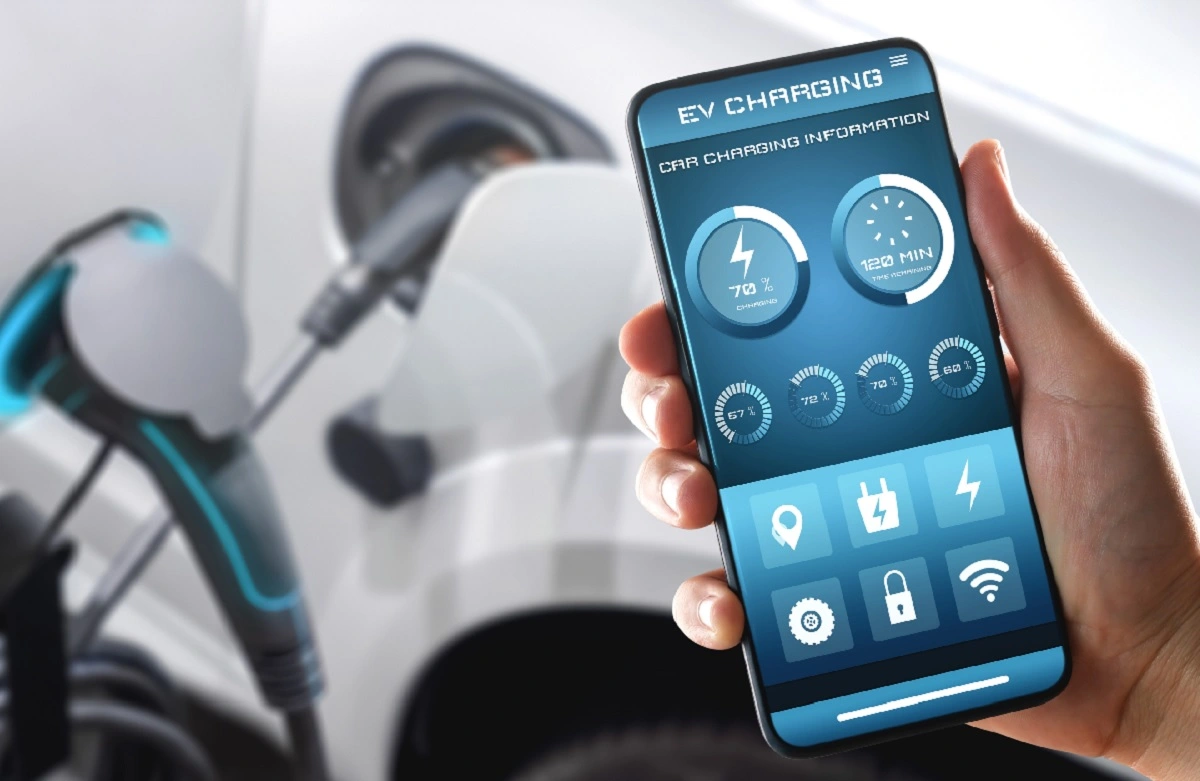
Battery replacement remains the most significant maintenance cost for EVs. Battery lifespan typically ranges from 8-10 years, though this can vary. In Thailand, many original equipment manufacturers (OEMs) provide warranties that cover these periods.
- Cost: A full battery replacement can range between 200,000 – 500,000 THB, depending on the model and capacity. For example, replacing a Nissan Leaf’s battery might cost around 300,000 THB.
- Degradation: Batteries degrade over time, holding less charge. Expect a decreased range after several years, impacting long-term costs.
Always consider battery warranties and potential replacement expenses when evaluating the overall cost of owning an EV in Thailand.
Average maintenance costs
| Cost Component | Estimated Cost Range |
|---|---|
| Annual Maintenance Cost | Approximately 5,346 baht |
| Battery Replacement Cost | Over 120,000 baht |
| Tyre Replacement Cost | Varies (higher than ICE) |
| Insurance Premium Increase | About 30% higher than ICE |
While the maintenance costs of electric vehicles in Thailand are generally lower than those of traditional vehicles, potential buyers should be aware of specific expenses, particularly related to battery replacement and tyre wear. Understanding these costs is essential for making informed decisions about EV ownership. There is a list of cheapest electric vehicle options to consider in Thailand, You can check from.
Running costs
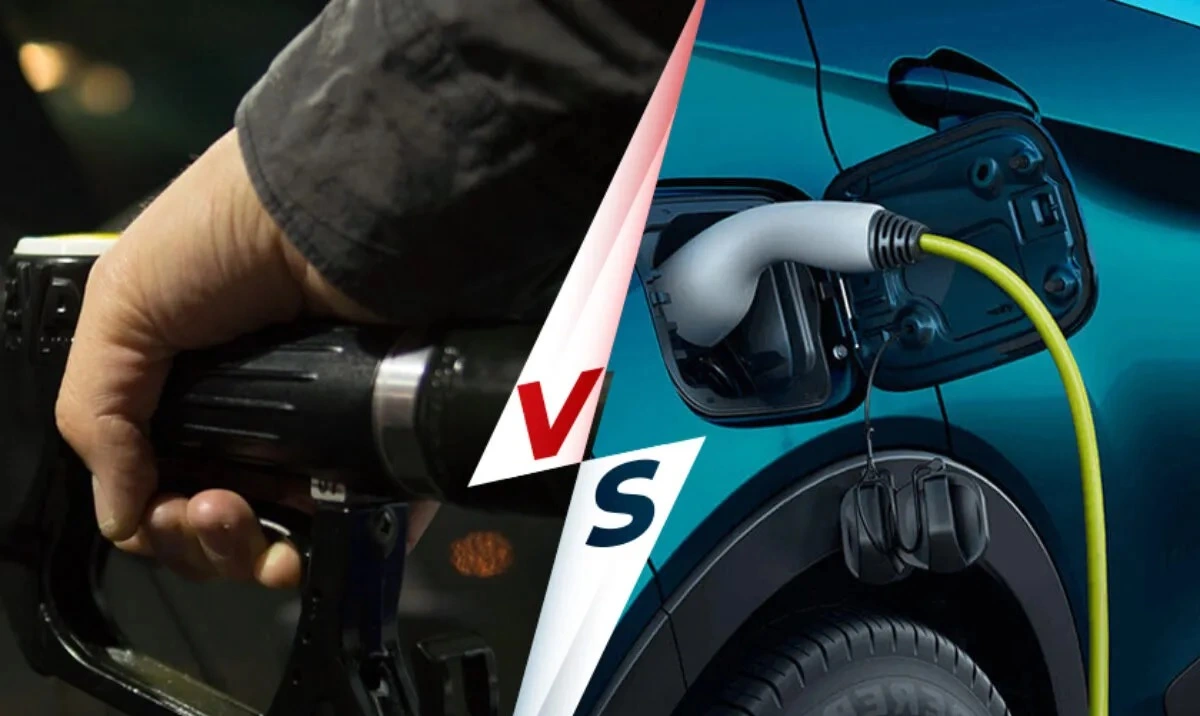
The running costs of electric vehicles (EVs) in Thailand are a significant factor for consumers considering the switch from traditional internal combustion engine (ICE) vehicles. These costs encompass various aspects, including charging expenses, insurance premiums, and maintenance costs. Below is a detailed overview of the running costs associated with EVs in Thailand, presented in paragraphs, bullet points, and tables, with price ranges specified in Thai baht.
Electricity costs:
-
- The average cost of electricity for charging EVs in Thailand is approximately 4 to 5 THB per kWh.
- Charging a Nissan Leaf with a 60 kWh battery costs around 240 to 300 THB for a full charge.
- The cost to drive 100 km in an EV is estimated at 67 to 83 THB.
Petrol and diesel costs:
-
- Petrol prices average about 35 THB per litre, while diesel costs approximately 30 THB per liter.
- The cost to drive 100 km in a petrol vehicle ranges from 350 to 500 THB, and for diesel vehicles, it can be around 300 to 450 THB.
Maintenance costs:
-
- The average annual maintenance cost for an EV is approximately 5,346 THB, which is about 50% lower than that of conventional vehicles.
- EVs typically require less frequent maintenance due to fewer moving parts.
Insurance costs:
-
- Insurance premiums for EVs are about 30% higher than for petrol or diesel vehicles. However, this can be offset by lower annual vehicle taxes, which are around 330 to 380 THB for EVs compared to up to 4,848 THB for ICE vehicles.
Additional considerations
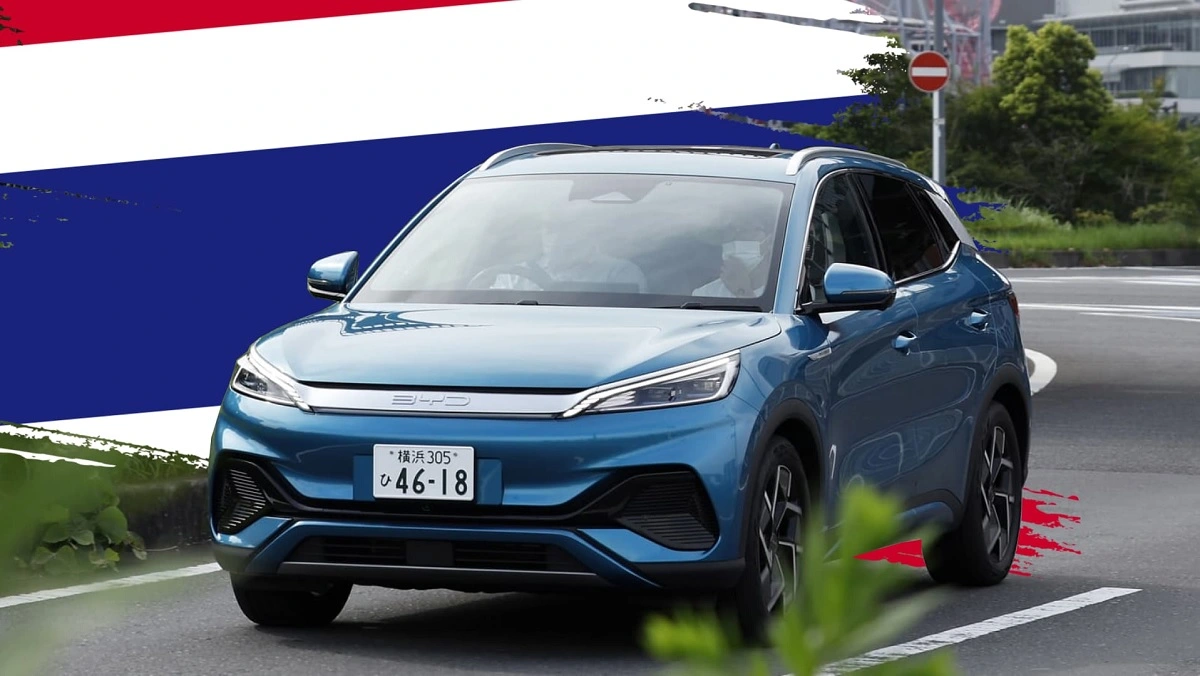
When evaluating the cost of owning an EV in Thailand in 2024, there are several additional factors to consider.
Installation of home charging station
Installing a home charging station for your EV provides convenience and cost savings. The initial setup costs range from 20,000 to 50,000 THB. This includes the equipment and installation by certified professionals. Be aware, though, that home charging stations require a suitable electrical setup, so you might incur additional costs if upgrades are needed.
Once installed, home charging remains the most economical option. Residential electricity rates average 4 – 5 THB per kWh. Charging an EV like the Nissan Leaf with a 60 kWh battery may cost around 240 – 300 THB per full charge. This could keep your running costs low, especially compared to public charging stations where rates are higher.
Depreciation rates
Depreciation rates significantly affect the long-term value of your EV in Thailand. On average, EVs depreciate at a rate of around 20% per year during the initial years. For instance, a Nissan Leaf purchased for 1,200,000 THB might lose 240,000 THB in value after the first year.
However, depreciation for EVs can vary based on factors such as battery life, mileage, and market demand. Battery health is crucial since replacement costs are high, ranging from 200,000 to 500,000 THB. A well-maintained battery may slow depreciation, preserving your EV’s resale value.
Stay informed about market trends, as newer models and technologies can impact your EV’s depreciation. Regular maintenance and monitoring of battery health help mitigate these effects, ensuring better long-term.
Other useful resources about automotive in Thailand
Latest Thailand News
Follow The Thaiger on Google News:


























